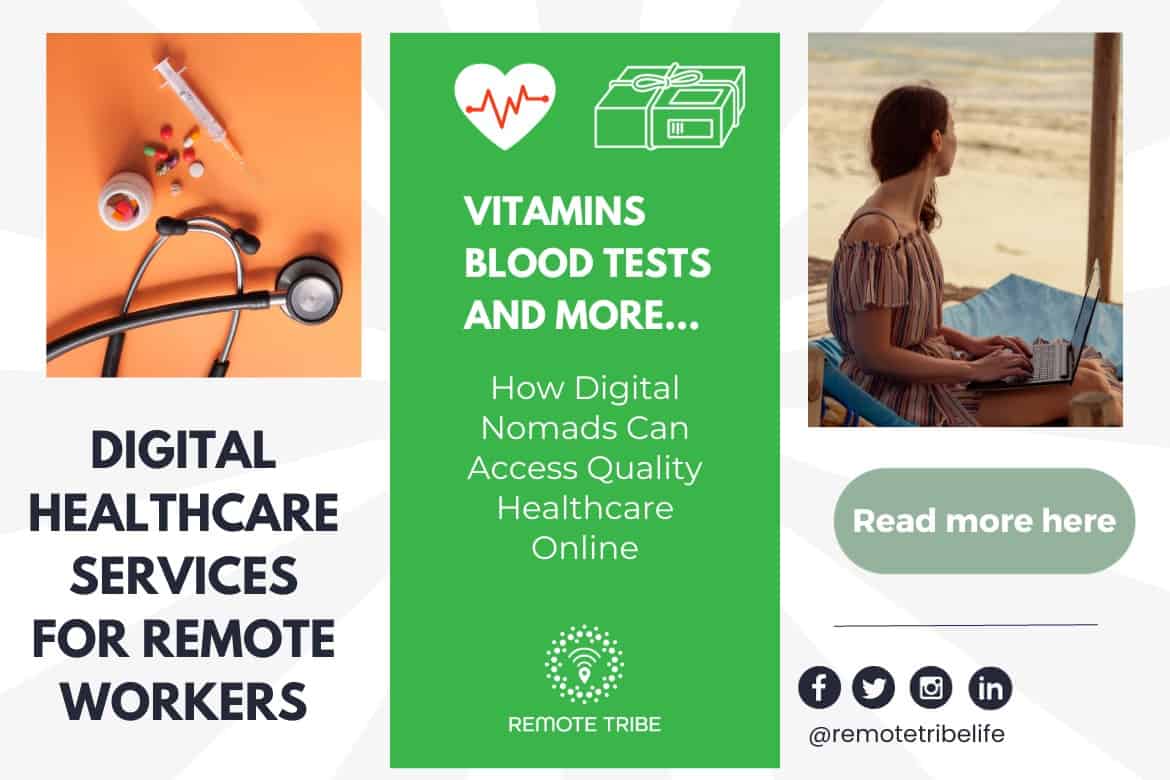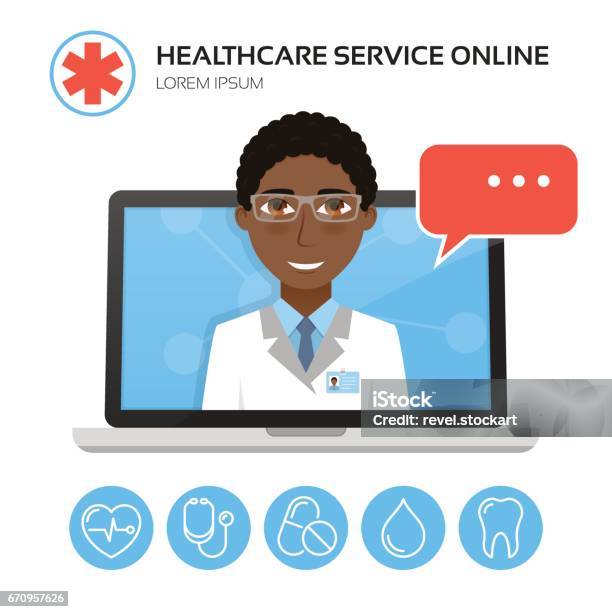How Subscription Based Healthcare is Changing Patient Accessibility to Services
How Subscription Based Healthcare is Changing Patient Accessibility to Services
Blog Article
Browsing the Future of Medication With Subscription-Based Health Care Solutions
As the health care market develops, subscription-based solutions become a pivotal model assuring to improve client care delivery. With the possible to supply streamlined, affordable solutions through foreseeable prices and customized attention, these solutions stand at the leading edge of contemporary clinical technology. Yet, as we consider their increase, one should contemplate the effects of integrating such systems into existing health care frameworks. What obstacles do they pose in terms of data security and equitable accessibility, and exactly how might they redefine the patient-provider relationship? The response to these questions can essentially modify our technique to health care.
Rise of Registration Medical Care
As medical care systems worldwide face boosting stress from rising expenses and need for solutions, the introduction of subscription-based medical care designs has actually become a transformative trend. This ingenious technique is interrupting traditional medical care delivery by offering a foreseeable, flat-rate repayment framework for clinical solutions. Rooted in the concepts of concierge medicine, subscription-based healthcare enables service providers to concentrate on tailored individual treatment while all at once managing functional performances.
The rise of this design can be associated to numerous aspects. Technical innovations have actually made it possible for a lot more seamless integration of treatment via telehealth and digital health records, helping with the scalability of membership services. The enhancing consumer need for openness and predictability in medical care costs has driven the shift in the direction of this design. Subscription-based services frequently offer straight accessibility to medical care experts, which can minimize the administrative burdens related to insurance policy cases and repayments (subscription based healthcare).
This version is obtaining grip amongst diverse doctor, from health care doctors to specialized centers, by lining up monetary incentives with constant and precautionary treatment. By shifting the emphasis from quantity to value-based care, subscription health care has the potential to reshape the landscape, cultivating an extra lasting and patient-centered technique to health management.
Benefits for Clients

Furthermore, subscription-based services commonly emphasize preventive care, encouraging regular check-ups and health screenings. This aggressive approach can lead to early discovery of health issues, potentially improving outcomes and reducing long-lasting health care costs for individuals. Such designs normally use transparent pricing, allowing patients to much better recognize their health care expenses and stay clear of unexpected medical bills.
The individualized nature of subscription-based healthcare likewise enhances client experience. Individuals can get customized health care plans that match their particular needs, promoting an extra patient-centric approach.
Innovation's Duty in Makeover

Synthetic intelligence (AI) plays an important function in anticipating analytics, aiding in very early diagnosis and customized therapy plans. AI formulas assess vast datasets to identify patterns that may be overlooked by human observation, thus improving clinical decision-making. Electronic health and wellness documents (EHRs) enhance patient details management, ensuring continuity and comprehensibility of care throughout numerous solutions and providers.
Blockchain technology improves information security and personal privacy, vital for maintaining patient count on digital systems. It enables protected and clear deals of clinical information, making certain that delicate info continues to be protected. With the assimilation of device discovering and AI, blockchain can automate complex health care procedures, lowering management problems.
Factors To Consider and difficulties
While modern technology moves the abilities of subscription-based medical care services, it also presents a collection of obstacles and considerations that must be dealt with to ensure successful execution. One considerable obstacle is the fair access of these services.
Information privacy and safety represent an additional important consideration. Subscription-based services usually entail the collection and storage space of large amounts of personal health information. see post Suppliers have to abide by rigid data defense policies to maintain individual trust and avoid unapproved gain access to, which could bring about significant honest and lawful repercussions.
As health care requires evolve, maintaining an affordable equilibrium in between subscription fees and solution high quality is crucial to stop individual discontentment and attrition. Attending to these obstacles is essential as subscription-based healthcare solutions proceed to progress and broaden.
Future Effects for Medication
Subscription-based healthcare solutions are poised to considerably influence the future landscape of medication by reshaping exactly how care is accessed and provided. These models provide the prospective to democratize healthcare access, supplying individuals with even more personalized and timely treatments. By leveraging technology, such as telemedicine and data analytics, membership services can promote continuous monitoring and customized health administration, therefore enhancing end results and decreasing the burden on traditional healthcare systems.
As these solutions gain traction, they might boost a shift towards preventative care, stressing the importance of very early detection and monitoring of persistent problems. This aggressive method may inevitably lower health care costs by mitigating the need for pricey therapies emerging from late-stage disease administration. Subscription models use a scalable option to resolve disparities in health care accessibility, particularly in underserved or rural populations.
Nevertheless, the shift towards subscription-based versions demands resolving moral and regulatory considerations, consisting of information personal privacy and equitable gain access to. As the sector progresses, joint efforts between policymakers, modern technology developers, and health care companies will be important to developing durable structures that secure client rate of interests while fostering advancement. Inevitably, these solutions assure to contribute considerably to a more effective, patient-centered medical care ecosystem.

Final Thought
Subscription-based medical care solutions represent a significant evolution in the medical area, offering foreseeable expenses and customized care that boost availability and focus on preventative steps. As the medical care landscape evolves, registration designs are poised to play an important duty in shaping the future of medicine.
As the health care industry advances, subscription-based services emerge as a crucial design guaranteeing to improve patient treatment delivery.As healthcare systems around the world face raising pressures from climbing costs and need for solutions, the introduction of subscription-based health care versions has emerged as a transformative fad (subscription based healthcare).With the surge of subscription-based health care models improving conventional healthcare shipment, patients are starting to experience substantial benefits from this cutting-edge technique. As healthcare needs evolve, preserving an affordable equilibrium in between subscription charges and solution top quality is vital to protect against individual dissatisfaction and attrition.Subscription-based health care solutions are positioned to substantially affect the future landscape of medication by improving how treatment is accessed and supplied
Report this page